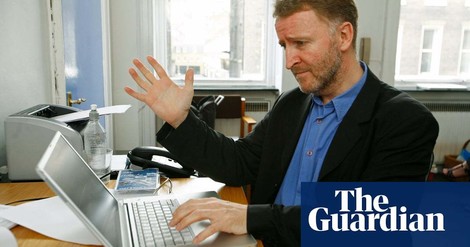Your podcast discovery platform
Curious minds select the most fascinating podcasts from around the world. Discover hand-piqd audio recommendations on your favorite topics.

piqer for: Global finds Health and Sanity Doing Good
Bangalore-based Rashmi Vasudeva's journalism has appeared in many Indian and international publications over the past decade. A features writer with over nine years of experience heading a health and fitness supplement in a mainstream Indian newspaper, her niche areas include health, wellness, fitness, food, nutrition and Indian classical Arts.
Her articles have appeared in various publications including Mint-Wall Street Journal, The Hindu, Deccan Herald (mainstream South Indian newspaper), Smart Life (Health magazine from the Malayala Manorama Group of publications), YourStory (India's media technology platform for entrepreneurs), Avantika (a noir arts and theatre magazine), ZDF (a German public broadcasting company) and others.
In 2006, she was awarded the British Print-Chevening scholarship to pursue a short-term course in new-age journalism at the University of Westminster, U.K. With a double Masters in Globalisation and Media Studies from Aarhus Universitet (Denmark), University of Amsterdam and Swansea University in Wales, U.K., she has also dabbled in academics, travel writing and socio-cultural studies. Mother to a frisky toddler, she hums 'wheels on the bus' while working and keeps a beady eye on the aforementioned toddler's antics.
Why We Are Told To Wake Up And Smell The Coffee Rather Than Taste It
Wake up and smell the coffee! But it should ideally be wake up and taste the coffee is it not? But then, doesn't coffee smell better than it tastes?
This podcast begins with these intriguing thoughts and gets more interesting as it progresses. Professor Barry Smith of the University of London has been studying the senses for long and is invited for a chat on what taste perception exactly is and how our brain really processes and perceives taste.
What is amply clear is that our perception of taste is much more complicated than we imagine. Prof Smith explains with examples how taste, sound, smell, sight and touch work in tandem to create our perception of flavor.
Curiously enough, throughout the history of science and philosophy, attention has been largely focused only on one of our senses: vision. Prof Smith believes this is quite natural as sighted people tend to rely on their sight more than anything else and hence have a skewed focus.
The professor goes on to give the host two kinds of chocolate to demonstrate how our perception of sweetness is dependent on the texture of the chocolate rather than its actual sugar content. In other words, is taste perception a mere creation of our brain? And does that make it unique to each individual as well as universal? Such and more questions are raised (and not all answered) in this short podcast that serves as a, well, taster, to the fascinating world of sensory science.
